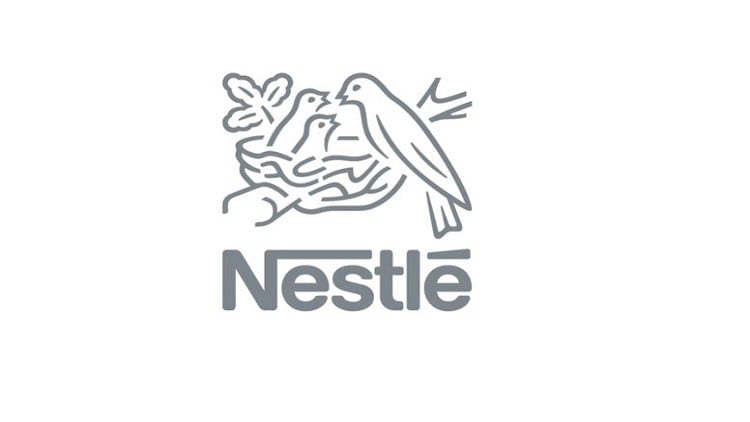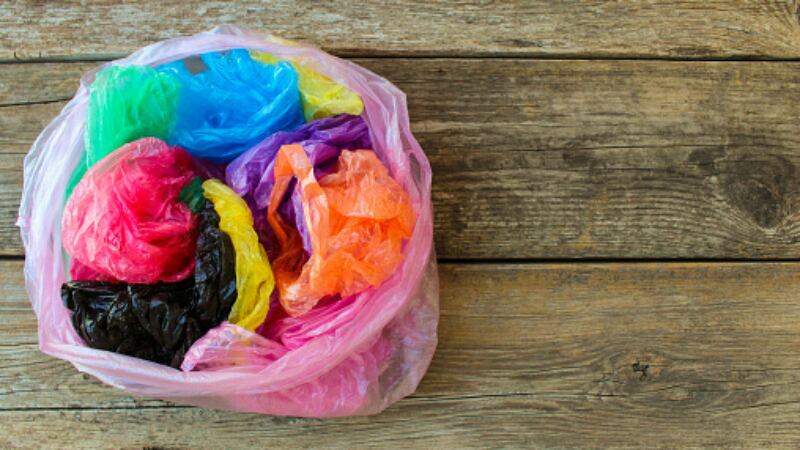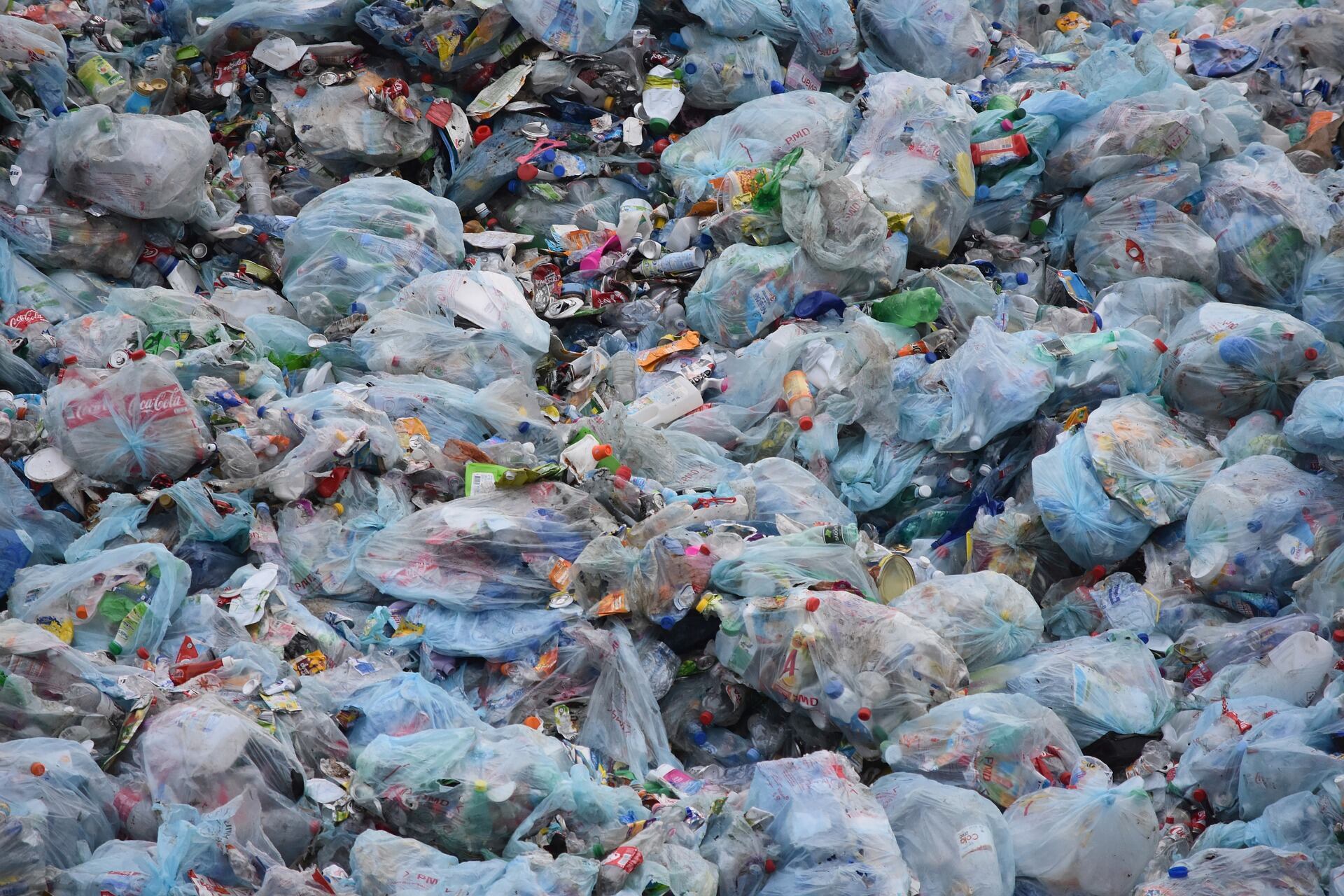The institute is part of Nestlé’s global research organization. This is primarily based in Lausanne, Switzerland but also has several locations including in China and Singapore, a Nestlé spokeswoman told FoodNavigator-Asia.
“Nestlé Research is where our in-house fundamental research takes place by providing scientific knowledge for impactful scientific discoveries. The scientific discoveries are translated into innovations in around 30 R&D centres worldwide including Asia,” she added.
According to the company’s official press release, the institute is also in line with its 2025 commitment to make 100% of its packaging recyclable or reusable.
“Research focus areas will include recyclable, biodegradable or compostable polymers, functional paper, as well as new packaging concepts and technologies to increase the recyclability of plastic packaging,” added the Nestlé spokeswoman.
According to Nestlé CEO Mark Schneider, plastics are the main packaging issue that Nestlé hopes to address here.
“[We] are enhancing our research capabilities to develop new packaging materials and solutions. Through this, we hope to address the growing packaging waste problem, in particular plastics. We aim to minimise our impact on the natural environment,” he said via the press release.
The institute will comprise some 50 personnel and a high-tech laboratory complex, with rapid-prototyping facilities that will facilitate the testing of the new solutions in various product categories.
“The new solutions will be […] rolled out across our global portfolio [after being tested in the various categories], which includes the Asia Pacific Region,” added the spokeswoman.
An Asian focus
Following China’s decision to ban plastic waste imports at the beginning of 2018, which is estimated to displace some 111 million metric tons of plastic waste by 2030, a good deal of this waste was directed towards ‘alternative’ sites in Southeast Asia.
This inevitably led to new plastic waste issues in the ASEAN region, and prompted countries such as Malaysia, Thailand and Vietnam to institute plastic waste bans of their own.
When queried as to how the institute can help countries like these solve their plastic issues, the Nestlé spokeswoman replied that: “We will […] work collaboratively with industry, local and national governments, civil society and consumers to take an active role in developing approaches to prevent plastic packaging waste.”
“Due to the varying nature of current collection, sorting and processing infrastructure and systems around the world, including recycling, we are taking a pragmatic approach to identifying areas to take specific, targeted action within the countries in which we operate.”
The majority of plastic packaging involved in the region originates from food and beverage packaging, and the situation is dire.
Earlier this year, enormous waves filled with plastic crashed into the shores of Manila, Philippines following Tropical Storm Yagi, and environmental campaigning organization Greenpeace named Nestlé as one of the major ‘culprits’ of plastic waste production.





